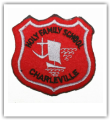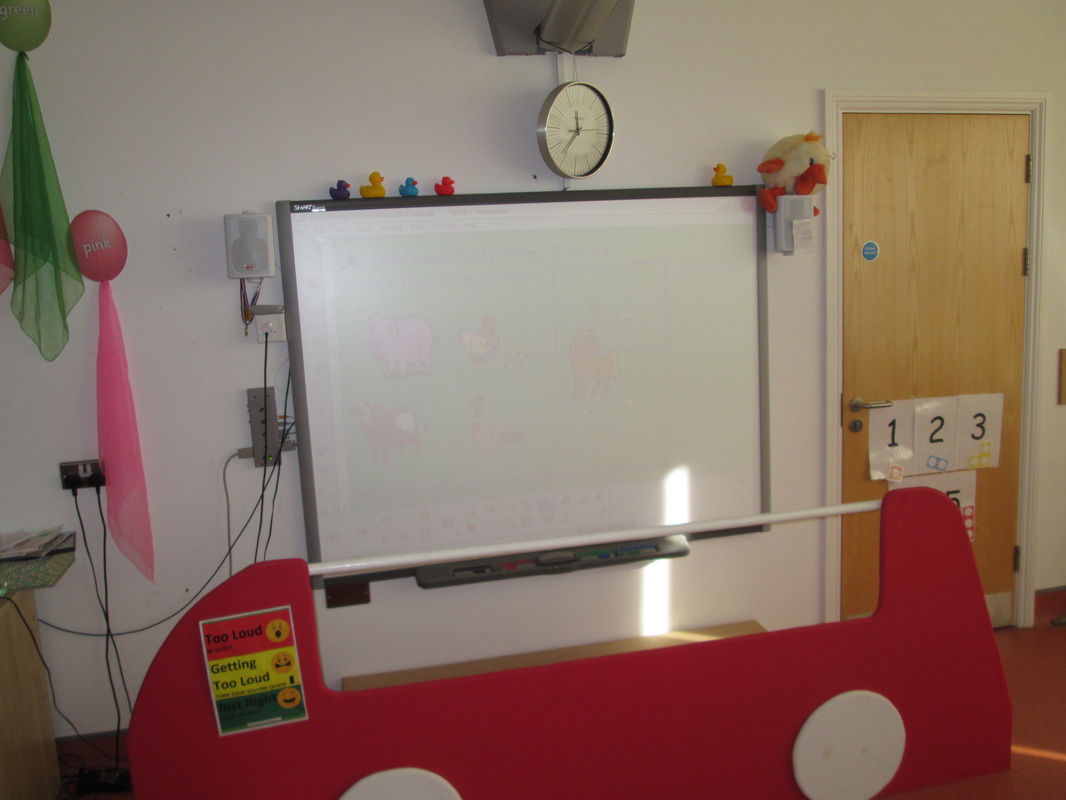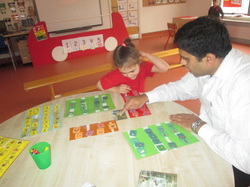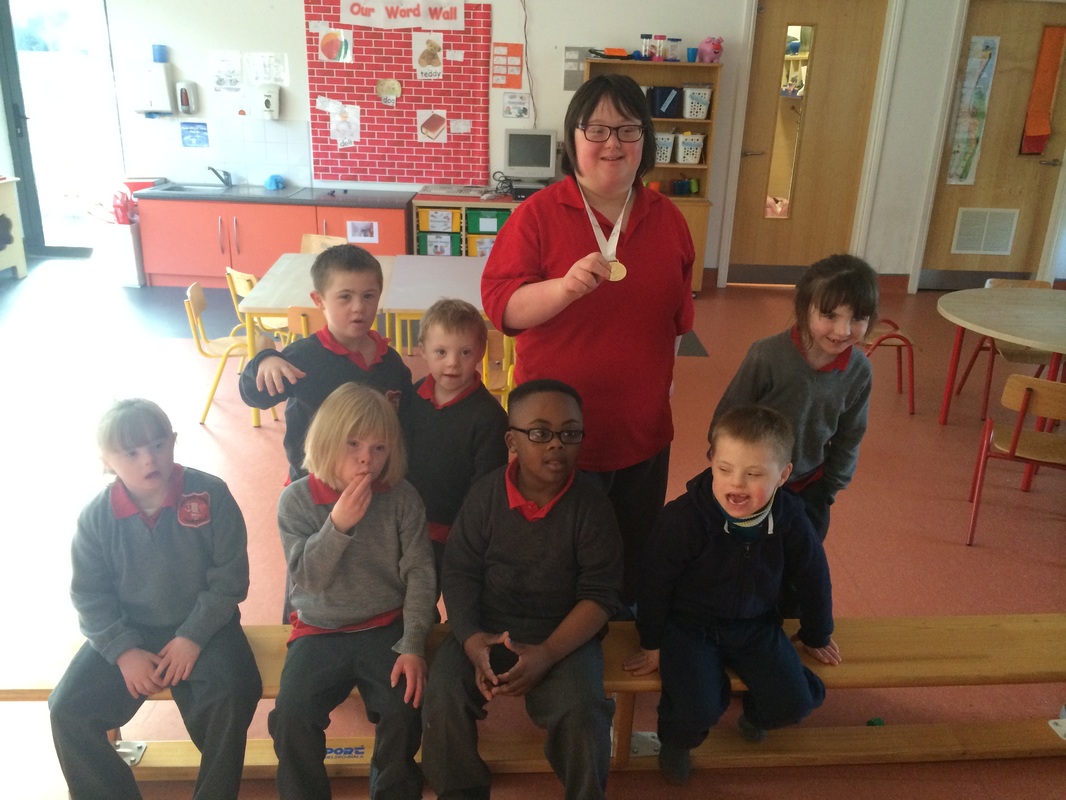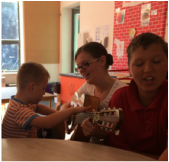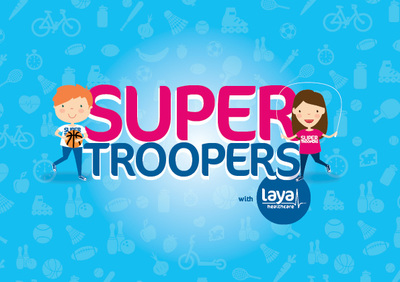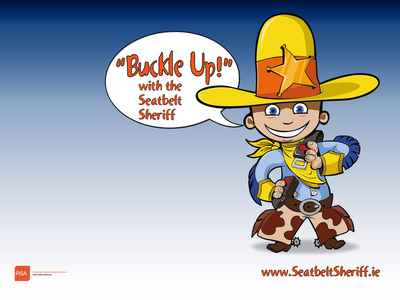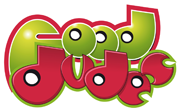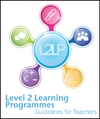CurriculumThe pupils in Holy Family School access either the NCCA Curriculum for children with Moderate Intellectual disabilities or the Curriculum for children with severe and profound intellectual disabilities.
Along with this, each year an Individual Educational Plan (IEP) is compiled for each pupil in which team members meet and identify goals and targets to focus on for the child's specific educational needs. The IEP goals and targets are written on a working document and are constantly reviewed with one formal meeting to review goals mid-year. |
Subject Areas
*Communication & Language
* Reading/Writing
* Maths
* History
* Geography
* Science
* Visual Arts
* Music
* Drama
* Physical Education
* Social, Personal, Health Education
* Religious Education
* Home Economics (Senior Cycle)
* Reading/Writing
* Maths
* History
* Geography
* Science
* Visual Arts
* Music
* Drama
* Physical Education
* Social, Personal, Health Education
* Religious Education
* Home Economics (Senior Cycle)
At Holy Family School we are continually promoting the holistic education of our pupils. We are always willing to try new programmes. Here are a few of the programmes we have undertaken in the past 12 months all of these involve health and safety promotion and education within our school. We are very proud that we have been awarded a health promoting school flag. Click here to learn more about our health promoting school activities.

For the First time in Holy Family School, senior pupils will begin taking elements of the new junior cycle certificate programme. The programme is called Level 2 Learning Programme (L2LPs) for pupils with particular special educational needs.
The L2LPs will build upon prior learning and are designed primarily around 5 Priority Learning Units (PLUs) that focus on the social, personal and prevocational skills that prepare students for further study, for work and life.
The PLUs include:
1. Communicating and literacy: Covers both verbal and non-verbal ways of receiving and giving information. Reading and writing are also further developed.
2. Numeracy: Develops awareness of patterns and relationships in shape and number as well as skills in estimation, measurement and problem solving.
3. Personal care: Deals with health and well being, covering areas such as healthy eating and healthy lifestyles.
4. Living in a community: Students develop strategies to establish and maintain positive relationships with people around them. Seeking help and advice as well as dealing with conflict are included here.
5. Preparing for work: Assists students in making the transition from school to further education, training or employment.
All students who complete a junior cycle programme will receive a certificate awarded at Level 2 of the National Framework of Qualifications (NFQ). L2LPs will lead to a certificate at Level 2.
The L2LPs will build upon prior learning and are designed primarily around 5 Priority Learning Units (PLUs) that focus on the social, personal and prevocational skills that prepare students for further study, for work and life.
The PLUs include:
1. Communicating and literacy: Covers both verbal and non-verbal ways of receiving and giving information. Reading and writing are also further developed.
2. Numeracy: Develops awareness of patterns and relationships in shape and number as well as skills in estimation, measurement and problem solving.
3. Personal care: Deals with health and well being, covering areas such as healthy eating and healthy lifestyles.
4. Living in a community: Students develop strategies to establish and maintain positive relationships with people around them. Seeking help and advice as well as dealing with conflict are included here.
5. Preparing for work: Assists students in making the transition from school to further education, training or employment.
All students who complete a junior cycle programme will receive a certificate awarded at Level 2 of the National Framework of Qualifications (NFQ). L2LPs will lead to a certificate at Level 2.
